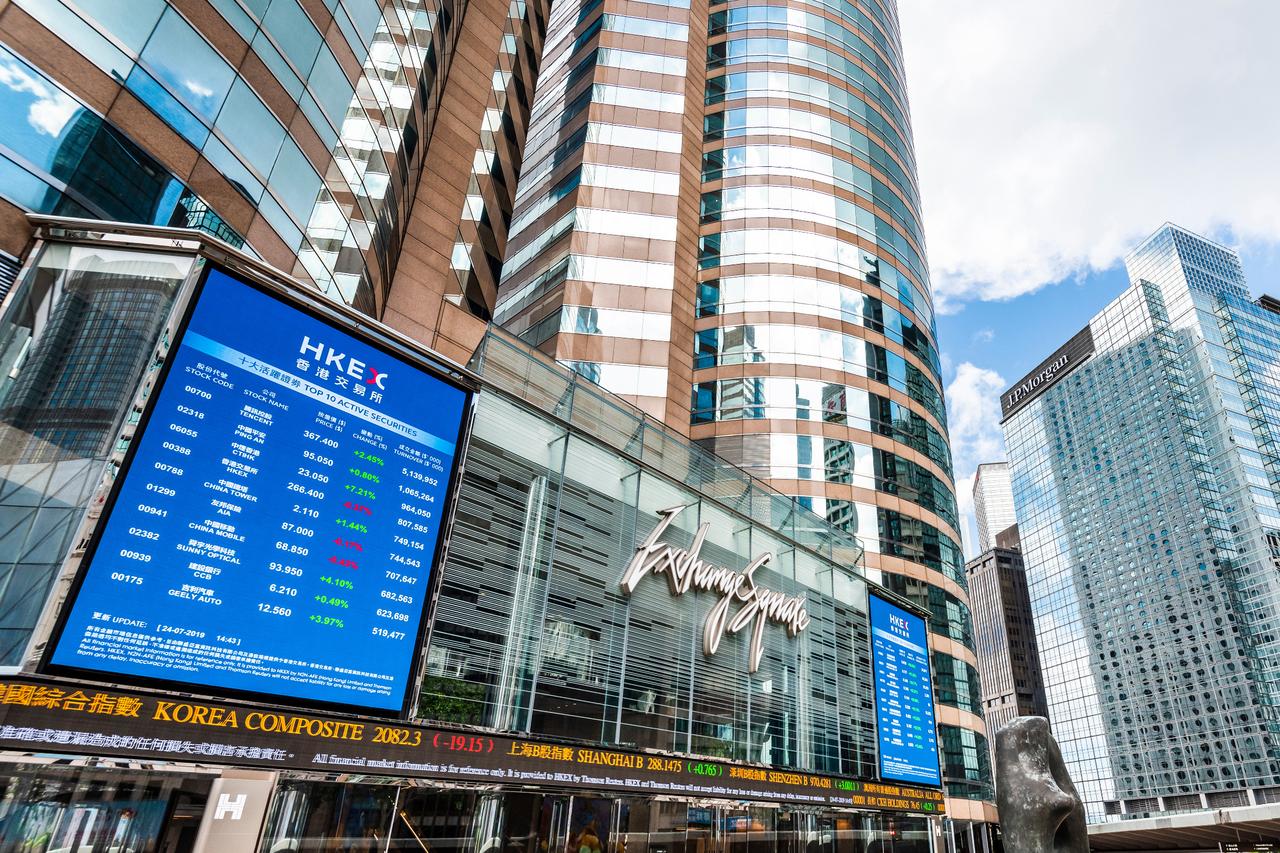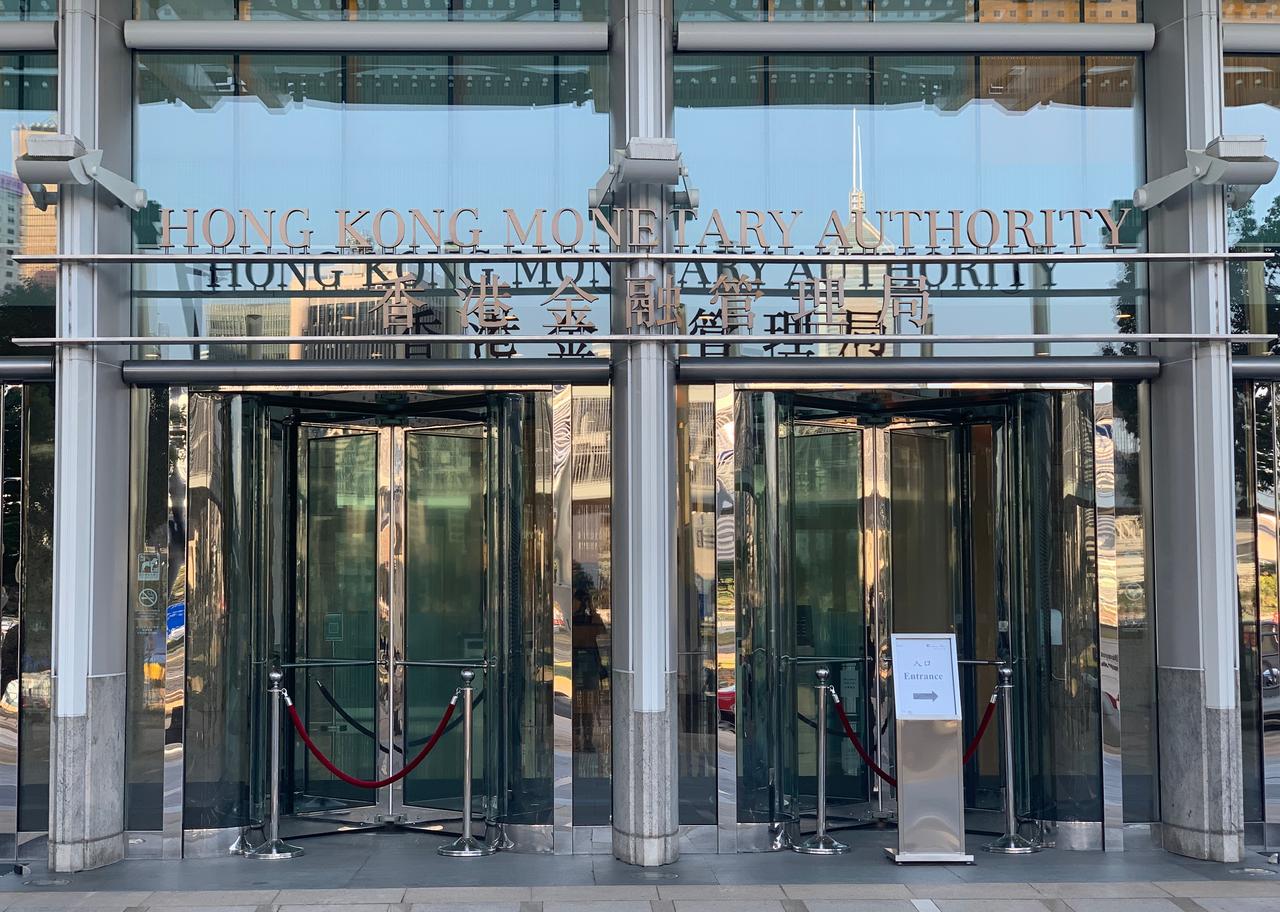
New stablecoin regulations take effect Friday in Hong Kong as Asian officials tighten oversight in response to U.S. President Donald Trump’s push for U.S. dollar-backed tokens.
The draft law aims to regulate the issuance of stablecoins pegged to the Hong Kong dollar, as well as the sale and marketing of these assets.
The Hong Kong Monetary Authority has announced that companies wishing to apply for a stablecoin license must submit their applications by Sept. 30. The city's de facto central bank plans to issue the first approvals early next year.
Trump, who has been an outspoken supporter of cryptocurrencies, signed the first federal bill regulating stablecoins on July 18, describing the move as “a major step toward strengthening America's leadership in global finance and crypto technology.” Currently, most stablecoins in circulation are pegged to the U.S. dollar.
While Hong Kong is considered a regulatory testing ground for China, it has recently introduced its licensing system, similar to those in many other markets in the Asia-Pacific region. According to Bloomberg, China, which has imposed comprehensive bans on cryptocurrencies, is increasingly warming up to the idea of cryptocurrencies pegged to the yuan.

Morgan Stanley's chief China economist Robin Xing linked the move to China’s efforts to reduce its dependence on the dollar-dominated payment system.
Xing stated that stablecoins could increase efficiency in cross-border payments by reducing transaction costs, adding that the stablecoin market in Hong Kong is still in its early stages and that developments will progress gradually.
Approximately 50 companies plan to apply for licenses, Bloomberg reported.
The Hong Kong Monetary Authority (HKMA) has stated that a “high standard” will be applied in the licensing process and that only “a few licenses” will be issued initially.